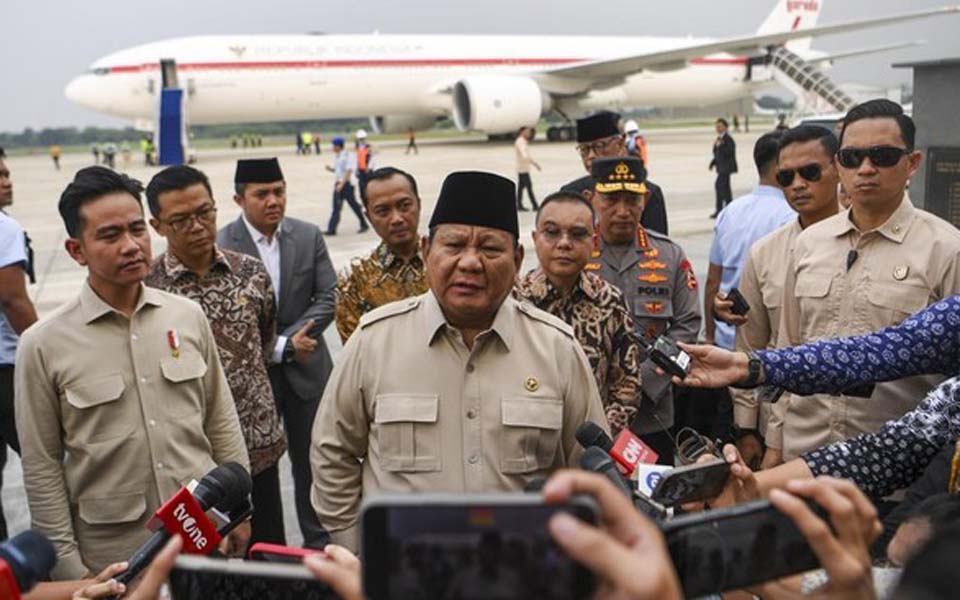Fika Nurul Ulya, Dani Prabowo, Jakarta – University of Indonesia (UI) Political Studies Centre (Puskapol) Director Hurriyah believes there is a hidden agenda by the political elite who are proposing changing the election of regional heads (Pilkada) from a direct to indirect system.
The reason, according to Hurriyah, is that there is no connection between corrupt behaviour and high political costs and the regional election system. These two reasons are often used by the political elite as an excuse to propose changing the electoral system from direct to indirect elections.
"There is a hidden agenda by politicians to push the policy agenda to change the regional elections from direct to indirect. Because it is associated with high political costs, then also corruption, and so on. Even though these are two separate things", said Hurriyah when contacted by Kompas.com on Thursday evening, December 26.
She then tested the politicians' arguments against the two election systems that have been implemented in Indonesia, including the indirect election system that was used during the New Order era of former president Suharto.
Just as direct elections have been accused of having a causal relationship with corrupt behaviour, indirect elections at that time also became an arena to feast upon by political party elites.
"Are both of them corrupt? Yes, both are corrupt. Under the New Order, we know that there were corrupt practices. The DPRD [Regional House of Representatives], which should be the people's representatives, instead became a rubber stamp, the DPR [House of Representatives] was the same," she said.
It was this corrupt behaviour that then triggered the proposal to change the political system to one of direct elections as it is today under the era of reformasi – the political reform process that began in 1998.
And under both electoral systems, continued Hurriyah, the attitude of the political elite remained unchanged.
The political parties, including legislative candidates and regional head candidates, continue to use money (money politics) and other corrupt behaviours to buy votes in order to win.
Not infrequently, parties bribe election organisers to change the vote count (voters trading). Therefore, she believes that the attitude of the political parties needs to be changed instead of changing the electoral system from direct to indirect elections.
"Now, so we can see how things actually are, the cause of the corruption problem, the cause of the high cost of politics, the cause of the pragmatism of voter politics, this is actually rooted in the political parties in Indonesia that do not want to reform themselves", asserted Hurriyah.
As has been reported, proposals to change the electoral system from direct to indirect elections have been circulating in recent years.
Recently, the discourse has resurfaced with the proposal that Indonesia only needs to hold one election to elect members of the DPRD. Meanwhile, the election of governors and regents can be carried out by the DPRD.
This electoral system has been implemented by Indonesia's neighbouring countries, such as Malaysia, India and Singapore, with more efficient costs.
[Translated by James Balowski. The original title of the article was "Rencana Perubahan Sistem Pilkada Dinilai Sarat Agenda Tersembunyi Elite Politik".]















